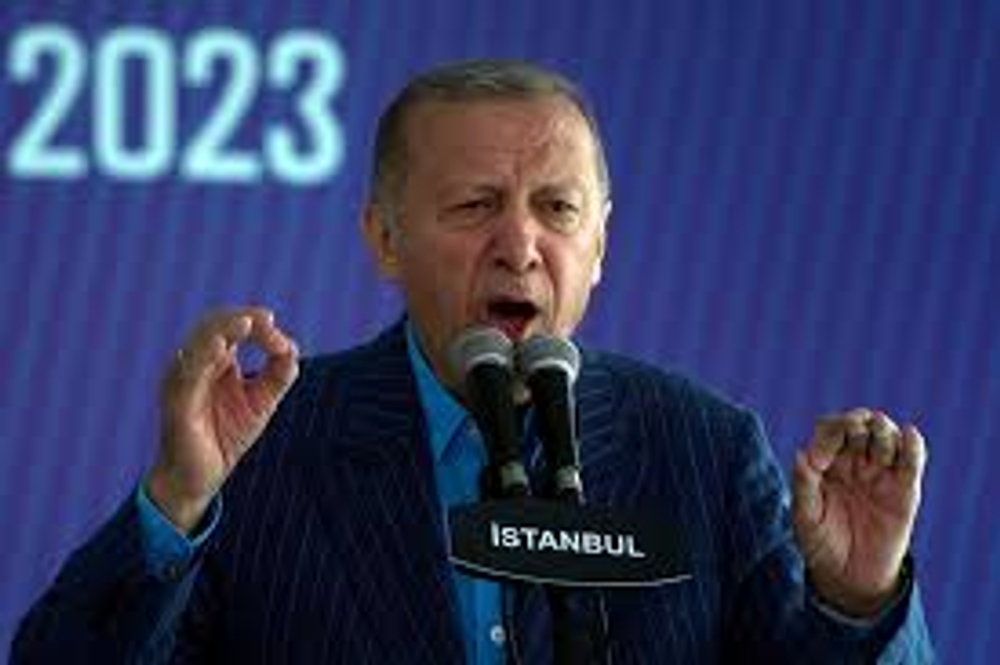Turkey's Evolving Role in Middle East Geopolitics: A Turning Point?
Published
- 3 min read

Turkey’s geopolitical position has always been pivotal, acting as a bridge between Europe and Asia while balancing its historical ties with the West and its cultural affinity with the Middle East. However, recent developments indicate that Ankara may be embarking on a significant shift in its regional and global strategy, particularly concerning its stance on Israel and its broader role in Middle Eastern geopolitics.
Turkey’s Delicate Balancing Act
As a NATO member and a long-standing ally of the West, Turkey has traditionally maintained diplomatic and economic ties with Israel. However, this relationship has often been fraught with tension, particularly when public opinion in Turkey strongly opposes Israeli actions in the region. The ongoing conflict in Gaza has amplified these tensions, placing Turkish President Recep Tayyip Erdoğan in a challenging position: balancing domestic opposition to Israeli policies with the pragmatic need to maintain international alliances.
Rising Domestic and Regional Pressures
The Turkish public’s dissatisfaction with Israel’s actions in Gaza is at an all-time high, pressuring the government to take a firmer stance. This shift reflects broader regional dynamics, as several Middle Eastern nations adopt increasingly united positions against Israel’s actions. Ankara’s recent decision to sever diplomatic ties with Israel and tighten embargo loopholes underscores this change, signaling a readiness to take concrete steps beyond rhetoric.
Regionally, Turkey’s position aligns with a growing coalition of Middle Eastern powers, including Saudi Arabia and Iran, that are vocal in their opposition to Israel’s policies. This emerging bloc showcases the potential for a new geopolitical alignment, challenging the traditional dominance of Western powers in the region.
Strategic Implications of Turkey’s Shift
Turkey’s strategic importance cannot be overstated. It serves as a critical energy conduit, with pipelines transporting oil and gas from Azerbaijan to Europe and Israel. By limiting or disrupting these energy supplies, Ankara could significantly impact Israel’s economy and military capabilities. Such actions, if pursued, would elevate Turkey’s role from a passive observer to an active participant in reshaping Middle Eastern geopolitics.
Moreover, Turkey’s evolving stance could influence its relationships with other global powers. Strengthening ties with nations like Russia, China, and Iran could accelerate its integration into alternative alliances such as BRICS and the Shanghai Cooperation Organization (SCO). These developments highlight a potential pivot away from Western institutions, challenging NATO’s cohesion and the broader Western-led global order.
The Role of the United States
The United States remains a key player in this dynamic. Washington’s ability to influence Turkey’s decisions will be tested as Ankara navigates its dual roles within NATO and the Middle East. The return of a more hawkish U.S. administration could further complicate matters, potentially driving Turkey closer to Eastern powers if American policies fail to address the concerns of regional stakeholders.
A Changing Geopolitical Landscape
The Middle East is experiencing a seismic shift, with historical rivalries giving way to pragmatic alliances. Turkey’s collaboration with Saudi Arabia and Iran, coupled with its assertive policies, reflects this changing landscape. The region’s leaders are increasingly united in addressing what they perceive as disproportionate and destabilizing actions by Israel, redefining the power dynamics of the Middle East.
For Turkey, this moment represents an opportunity to solidify its role as a regional leader and a global influencer. However, this path is fraught with challenges, including potential economic repercussions and the risk of alienating traditional allies. Erdoğan’s ability to navigate these complexities will determine not only Turkey’s future but also the broader trajectory of Middle Eastern geopolitics.
Conclusion: A Pivotal Moment for Turkey
Turkey’s evolving role in the Middle East marks a pivotal moment in the region’s history. By taking a stronger stance on Israel and aligning with regional powers, Ankara is asserting itself as a key player in shaping the future of Middle Eastern geopolitics. Whether this shift leads to greater stability or escalates existing tensions remains to be seen. What is certain is that Turkey’s decisions will have far-reaching implications for the region and beyond.
